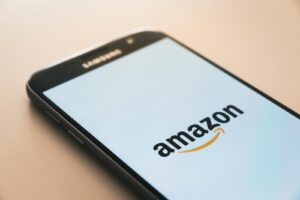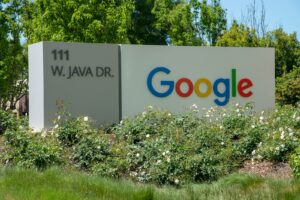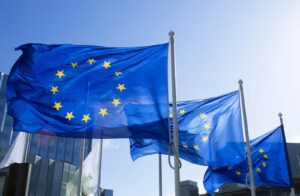How does a media diet matter?
A studyinto the use of use of search engines, social media, and aggregators to access news shows that these tools can actually create more diverse information diets. Researchers from the universities...
More from Podcast StoryMore posts in Podcast Story »
- Digital Transformation and the Role of Transformational Leadership
- Amazon‘s Three-Layer GenAI Stack, Aiming to Cut Costs and Boost Customization
- Researchers Challenge the Effectiveness of Google’s AI in Materials Science Breakthroughs
- Broadcom Under EU Scrutiny for VMware Pricing and Licensing Policies
- Financial Strain on Small Businesses: Insights from the Latest US Economic Reports

 Unlock with Patreon
Unlock with Patreon


